The Forks Over Knives Diet is all the rage right now. Here’s what you need to know about getting started and sticking with it.
Okay so this is a bit of a new one: a film getting the celebrity diet treatment. That’s right, feature documentary “Forks Over Knives” is now also known as the Forks Over Knives Diet. There’s even a Forks Over Knives cookbook. Move over, Dr. Atkins. You won’t see that happening to “Mad Max” anytime soon (“Magic Mike” though, we might consider).
So, what exactly is the Forks Over Knives Diet? In short, it’s a vegan diet, or a plant-based diet built on the critically acclaimed film that looked at the effects of the Western diet on the human body and the benefits of switching to a plant-based diet.
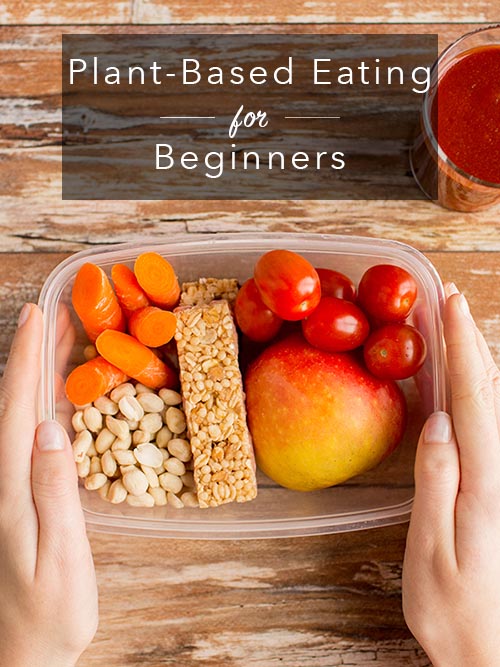
The film suggests that we’re sicker than we’ve ever been—cancer will effect nearly one in two people, and diet-related illnesses like obesity, type 2 diabetes and heart disease are at all –time highs.
But, still, the vegan diet is not panacea; even vegan or vegetarian diets can often fall short on the health spectrum. There are plenty of vegan and plant-based junk foods out there, and it’s just as easy to slip into a potato chips and chocolate bar for breakfast habit whether or not you also eat meat. Forks Over Knives hopes to change that with its diet plan.
Related Post: 5 Unusual Benefits of Going Vegan (Warning: Poop Talk)
What is the Forks Over Knives Diet?
“A whole-food, plant-based diet is centered on whole, unrefined, or minimally refined plants. It’s a diet based on fruits, vegetables, tubers, whole grains, and legumes; and it excludes or minimizes meat (including chicken and fish), dairy products, and eggs, as well as highly refined foods like bleached flour, refined sugar, and oil,” Forks Over Knives explains on its website.
It’s part of the reason some people are moving away from the term “vegan diet” and opting for “plant-based” instead—because it implies a healthier more rounded approach to food rather than just eschewing animal products. But the Forks Over Knives Diet seems to take that even further, drilling into the benefits of five specific food categories: fruits, vegetables, tubers and starchy vegetables, whole grains and legumes.
The Forks Over Knives Diet points out that it’s not a flimsy approach to food—you shouldn’t try to subsist exclusively on leafy greens and raw fruits and vegetables, for example. “While leafy vegetables are an important part of the whole-food, plant-based diet, they are a very poor calorie, i.e., energy, source to be sustainable,” FOK says on its website. “We would need to eat almost 16 pounds of cooked kale to get 2,000 calories of food!” While most any vegan certainly know a few kale heads who might find that not only appealing but totally doable, it’s clearly unsustainable (who has a fridge big enough to hold that much kale?), not to mention imbalanced. The body needs a lot of nutrients from a wide range of foods, and not surprisingly, meat and dairy don’t have to be part of that scenario, but it can’t be done only on kale and beet juice, either.
How Does the Forks Over Knives Diet Work?
According to Forks Over Knives, a number of staple foods that many a meat-eater may already love, make up the bulk of the Forks Over Knives Diet: think starchy squash and sweet potatoes, corn, peas, whole grain brown rice, quinoa, and all kinds of beans, which are not only loaded with healthy plant protein and amino acids, but also a good dose of necessary fiber—something you won’t ever find in a steak—even though the cow it came from ate lots of it.
The Forks Over Knives Diet also points to the benefits in the “whole package” of a food. “The idea of eating a particular food for one nutrient is pervasive in our culture. We have been led to believe we should eat meat for protein, dairy for calcium, fish for omega-3 fatty acids, and even tomatoes for lycopene, among many others,” Alona Pulde, MD and Matthew Lederman, MD write on the FOK website.
“This sort of thinking is misguided and has caused grave harm to human health. The quest for protein, for example, has steered us toward meat consumption. In this quest, we not only consume protein in excess of our needs, but also many harmful substances like dietary cholesterol that are only present in animal foods.
“No food is a single nutrient, and we should never think of foods in that way. Any given food has countless nutrients. What matters most is the overall nutrient profile, i.e., the whole package. Whole, plant-based foods contain all the essential nutrients (with the exception of vitamin B12), and in proportions that are more consistent with human needs than animal-based or processed foods. So our question is really this: Why waste any of what we eat on inferior packages? As long as—over time—we choose a variety of whole, plant-based foods, we will easily meet our nutritional needs.”
The Western diet loves to isolate nutrients, especially in the booming dietary supplements industry, but also in food: You’ll see a number of nutrients “fortifying” breads, cereals, juices and milks. And some research now suggests that we may be getting too much of certain nutrients by eating fortified foods and taking vitamins.
The Forks Over Knives Diet plan recommends sticking to its suggested food categories, but also to stop worrying about things like calories or nutrients. On a well-balanced diet, it’s not so much how much you actually eat, but what it is you’re eating. Eating mindfully and listening to the body can help you know when you’re full and make overeating less common. Another benefit of the Forks Over Knives Diet is that it’s high in fiber—a critically important macronutrient—, which helps the body to feel fuller, longer, decreasing the temptation to overeat or crave sugary foods.
To help people interested in trying the Forks Over Knives Diet, there’s even a recipe app for your smart phone or mobile device. The app offers more than 180 recipes, with new recipes added weekly. You can also create shopping lists from the app and easy step-by-step instructions make food prep simple. There are also contributions from expert plant-based chefs and lifestyle tips for a plant-based lifestyle.
Related Post: Food as Medicine: Treating Chronic Disease through Diet
Vegetarian food image via Shutterstock







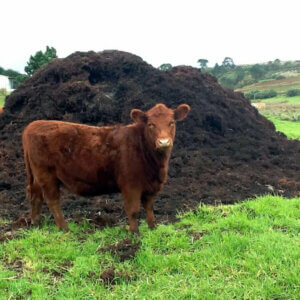






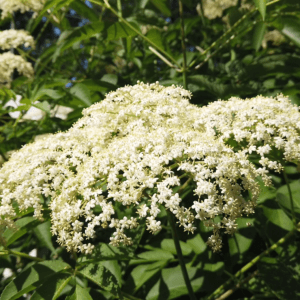
















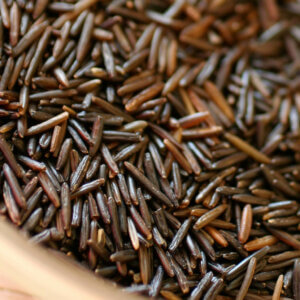


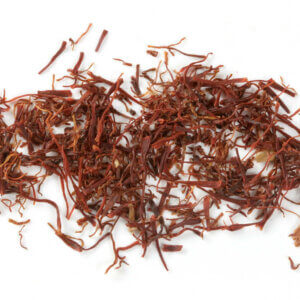







Leave a Reply